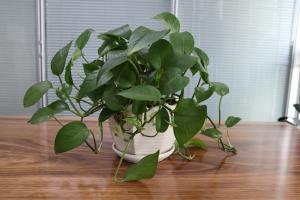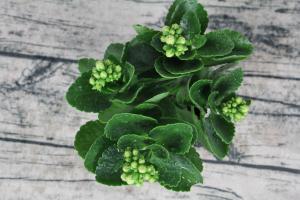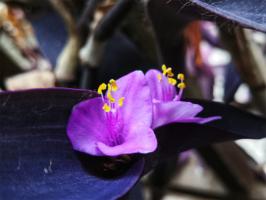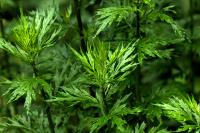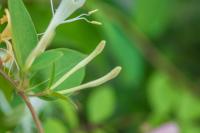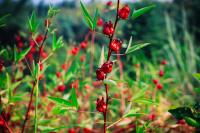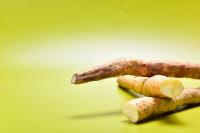1、 What is it
Tumbleweed can be eaten as a wild vegetable. In addition to cold food, it can also be used for cooking and soup. Tumbleweed, also known as Salicornia sibirica, is an annual herb with a plant height of 10-100cm. Because when drought comes, it gathers its roots from the soil and rolls around in a ball with the wind, so it is named. It is also jokingly called "Tramp", which is a common plant in the Gobi. On both sides of the Gobi highway, they can often be seen rolling with the wind when the wind blows. Its vitality is very strong, no matter what will not let them die. They can find an environment suitable for their growth, and then send out new branches, sprout new buds, and open rose red to lavender flowers.

2、 Growth habit
Tumbleweed mainly grows in deserts, Gobi, roadsides, sandy beaches on river banks and other places. It is mainly distributed in Eurasia and invades Central America, South America, Africa and other places. It has tenacious vitality and strong ability to adapt to the environment, which is difficult to eradicate. Tumbleweed can spread seeds every time it bounces and rolls. Then, in case of drought, the roots can be collected from the soil and rolled with the wind.
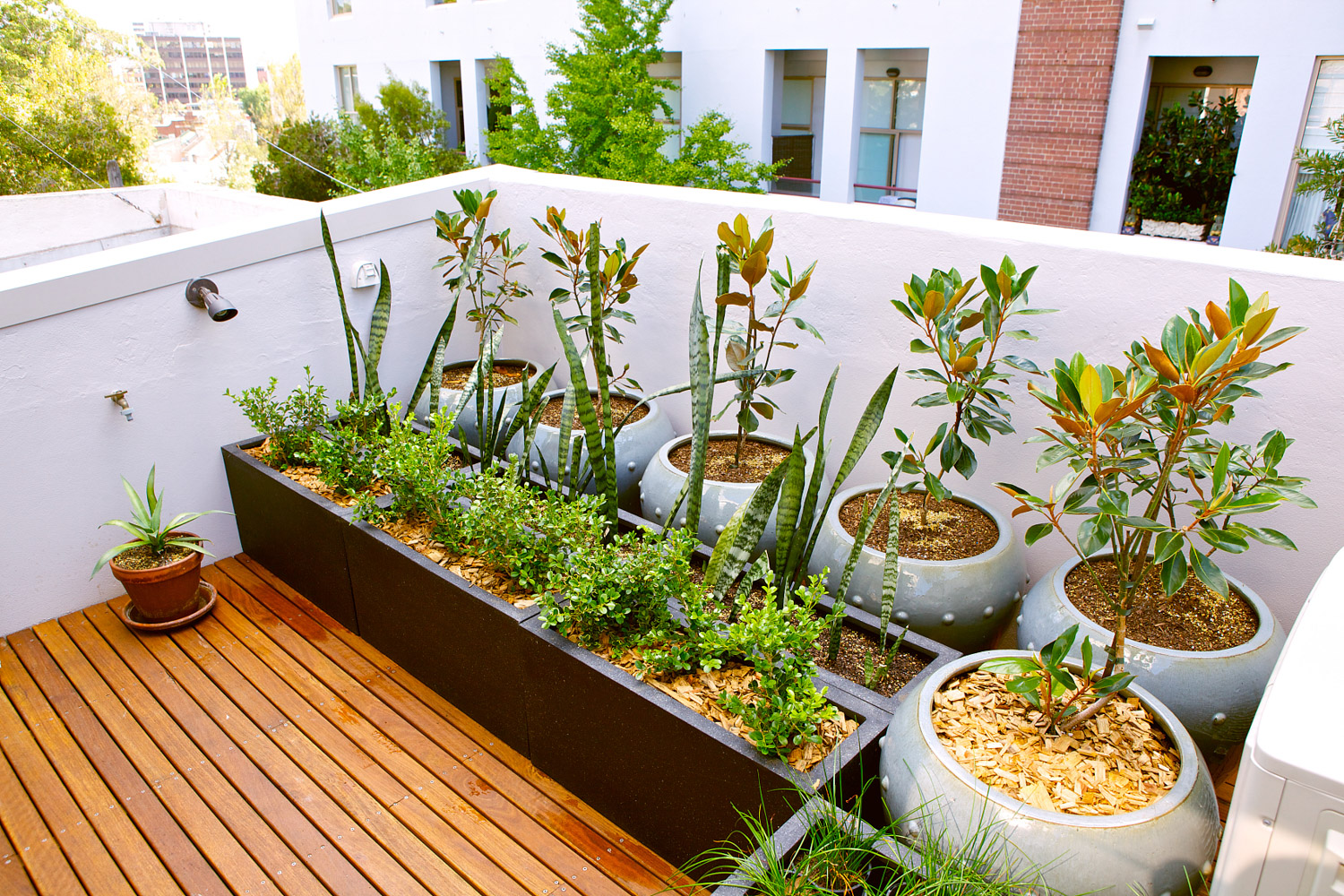
3、 Can I eat it
Tumbleweed is edible. It belongs to Amaranthaceae. Its tender stems and leaves are edible and have certain nutritional value. In addition, its seeds also contain choline, mucus, vitamin B1, fatty oil, etc., which can be used as medicine and can reduce serum cholesterol.
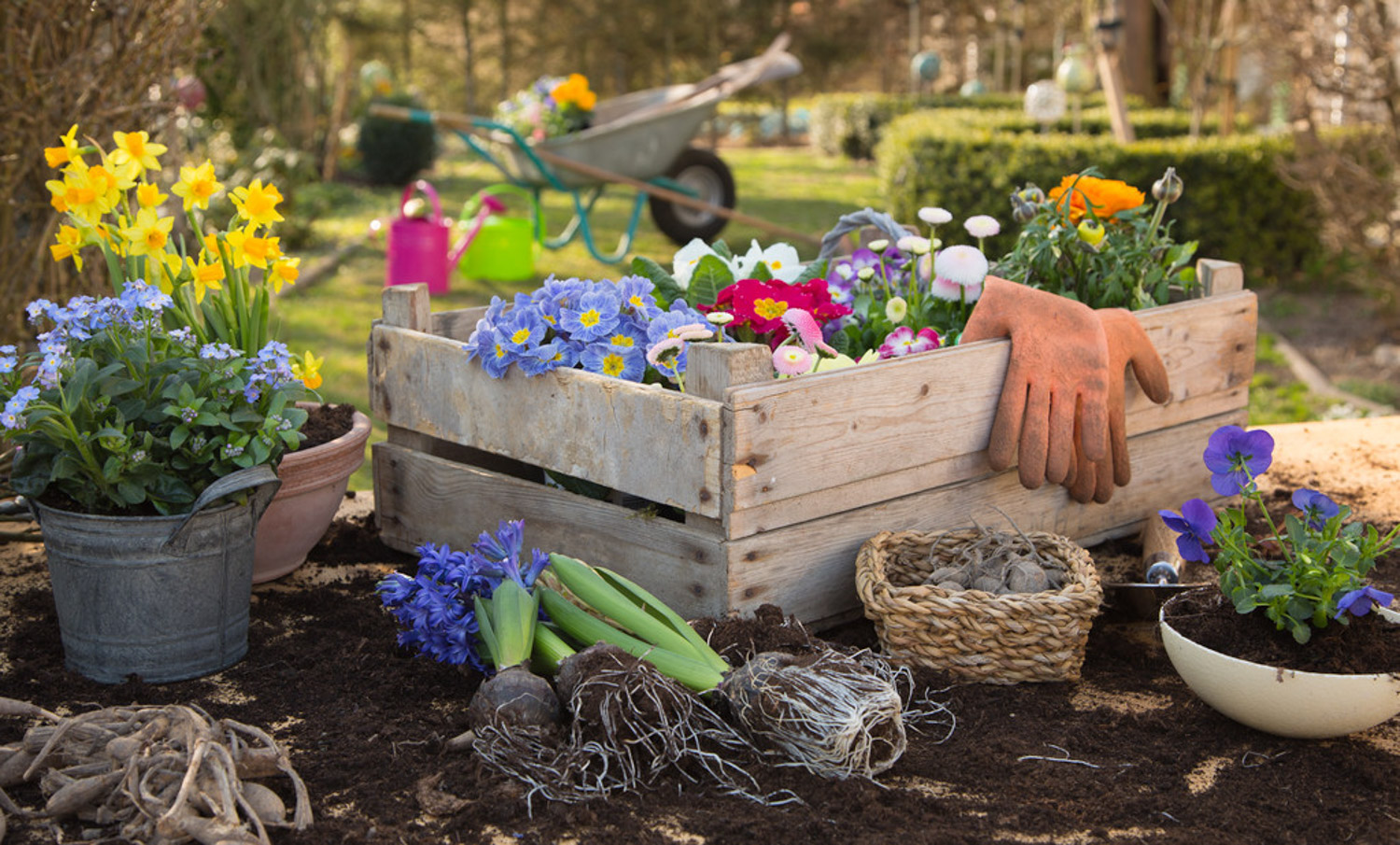

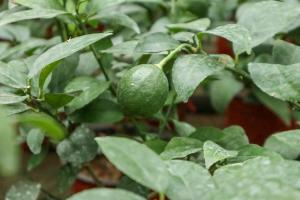 The efficacy and fun...
The efficacy and fun...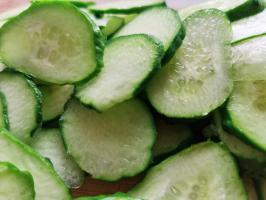 The efficacy and fun...
The efficacy and fun...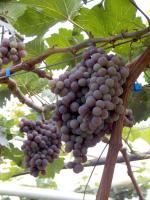 The benefits of eati...
The benefits of eati...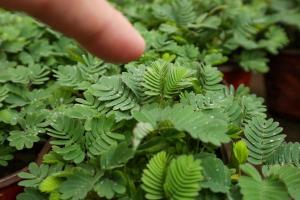 Why is Mimosa called...
Why is Mimosa called...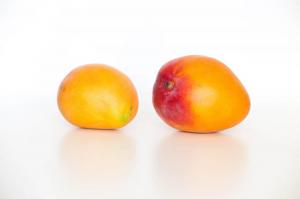 What can't mango be ...
What can't mango be ...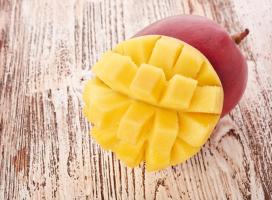 The efficacy and fun...
The efficacy and fun...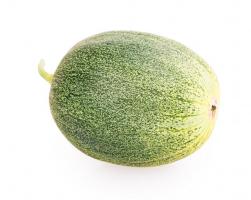 Is watermelon a frui...
Is watermelon a frui...


